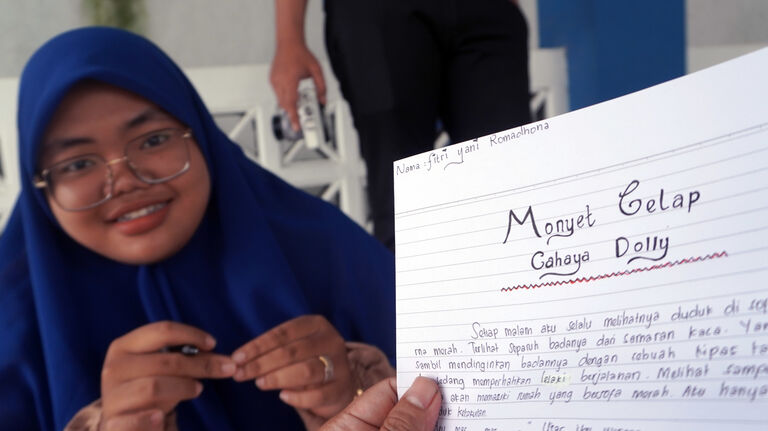For several decades the district enjoyed a thriving economic ecosystem with jobs for thousands of residents who lived side-by-side with the sex workers, but the vibrant life of the neighbourhood suffered a drastic change in 2014 when the Government decided to close all the local guesthouses and banned the sex industry from the area.
Known locally as ‘Gang Dolly’ or simply ‘Dolly’, the Putat Jaya sub district of Surabaya in Indonesia was one of Asia’s largest red-light districts.
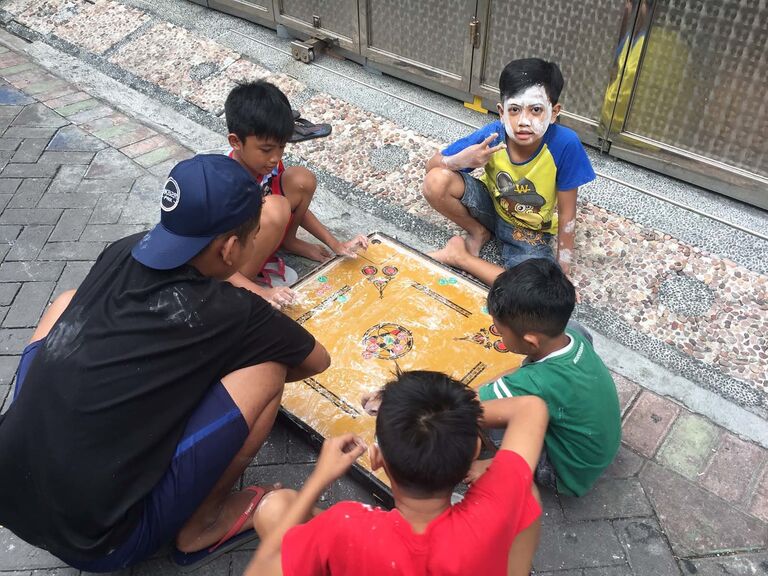
Since then, there have been a range of initiatives from the local authority to try and regenerate the area and to help build economic self-sufficiency for the community, but a lack of social and physical infrastructure has hampered meaningful progress.
In 2019 we were appointed to a team led by Mott MacDonald as a key delivery partner for the Global Future Cities Programme to support inclusive and sustainable urban growth across some of South East Asia’s fastest growing cities, which included the Surabaya Urban Transformation project.
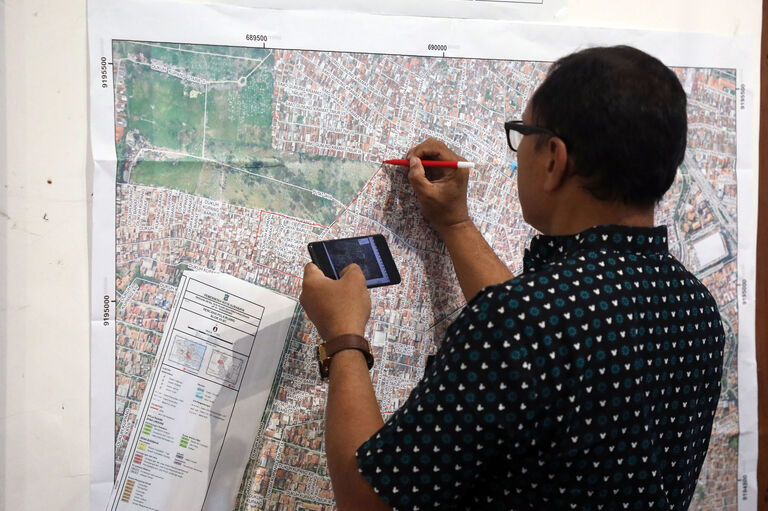
At the heart of the commission was the vision of transforming Dolly as a place, developing a set of replicable design standards and urban design guidelines to physically regenerate Dolly in parallel with a range of social and economic measures that would transform the district at a human scale.
A significant physical challenge for Dolly is its urban dislocation within the city so part of the solution has been the development of new place branding that is changing perceptions and creating a sense of ownership for the community and its new businesses, as well as providing the infrastructure to allow easy movement in and out of the district.
The project has also included a proposed pilot street where a mix of tactical urbanism combined with placemaking activities to create a healthier and more liveable urban environment.
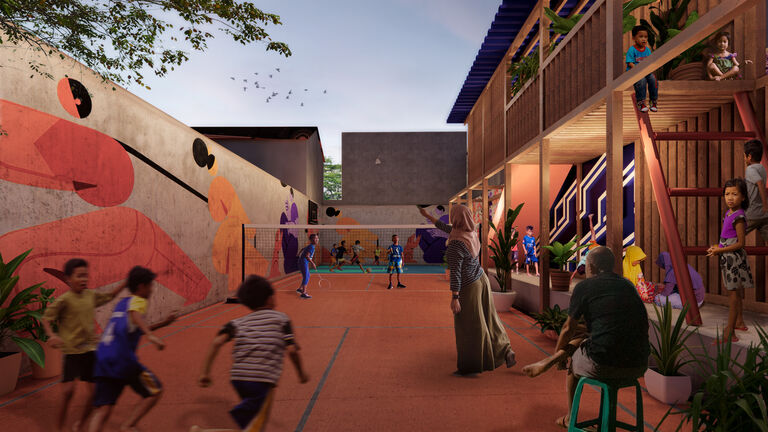
From our extensive bottom-up engagement process, which included working closely with a range of groups including former sex workers, women’s groups and support organisations for children with HIV, it was clear that the community did not want to dismiss its history but rather be something to celebrate as an integral part of a new future for Dolly and so plans are being developed for a Dolly open air museum that celebrates the district’s past, present and most importantly, its future
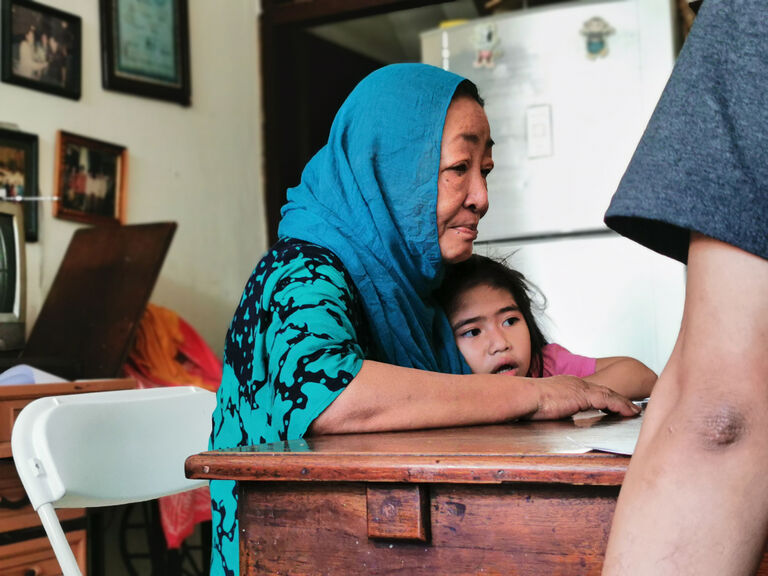
Sustainability, both environmental and economic, are also a central theme of the Surabaya Urban Transformation project.
There are already many micro businesses within Dolly around traditional industries such as batik dying and the manufacture of shoes and slippers as well as in food and drink, intermittently flourishing against the odds.
Through the development of a community-based entrepreneur strategy, we have worked with local partners and international academia to upskill SMEs, not only in manual and manufacturing applications but with business, management and marketing skills.
A bespoke programme of online and offline entrepreneurship training focused on product innovation and packaging, helping business owners increase their revenue and gain valuable commercial knowledge and skills.
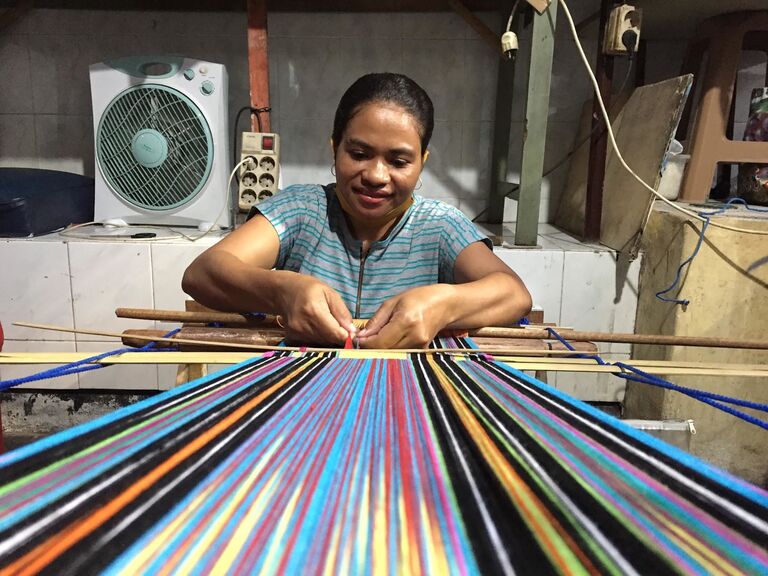
Environmentally, the vision of the project is to turn Dolly from red to green – creating a vibrant, healthier and more liveable environment where the urban landscape is inclusive, safe, resilient and sustainable, in line with the UN sustainable development goals underpinning the overall approach to the transformation project.
Proposed interventions include remodelling road intersections and introducing safe crossings while also encouraging non-motorised transport through the introduction of bike hire and rickshaw and bike parking areas.
The green kampung programme in Dolly addresses the issues on climate change, while at the same time creating new local economy for Putat Jaya residents. The initiatives that have been implemented include 3R (Reduce, Reuse, Recycle) waste management system, maggot farming, urban and fish farming, waste to fuel initiatives and training and education for the community
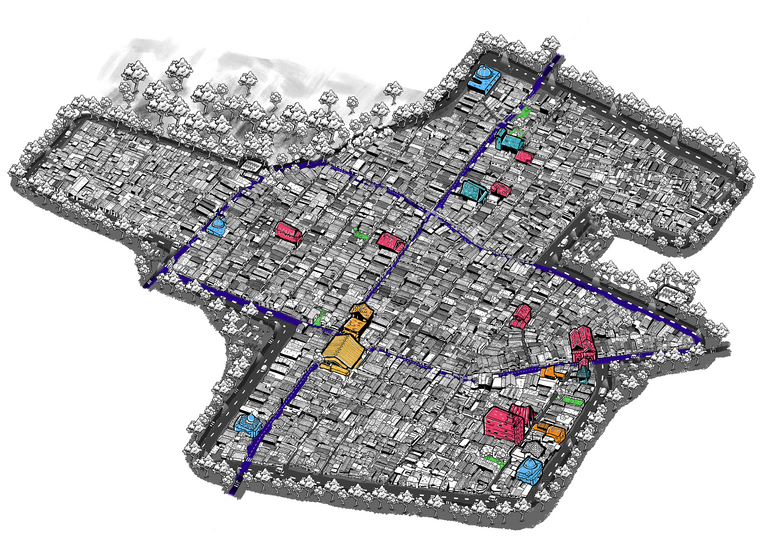
New people-focused spaces are introduced with socially distanced seating, awareness-raising public art and portable wash basins while street lighting will be replaced with solar power and extensive plantings and greenery will be introduced, acting as a traffic barrier as well as creating an eco-corridor for local wildlife.
The long-term sustainability of the project and its ability to deliver lasting and meaningful social and physical change will sit in the hands of a newly established community task force, made up of a range of stakeholders but co-ordinated by the community itself.
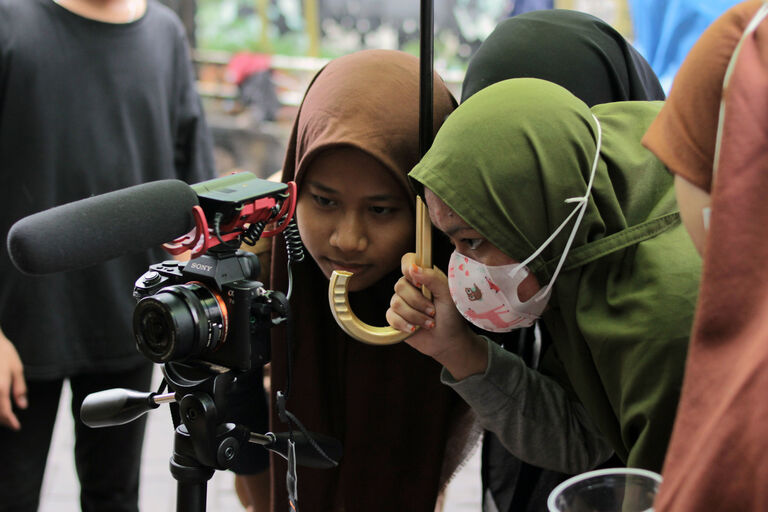
https://www.festivalofplace.co...The myriad work to date including the implementation of the entrepreneurship strategy, the dollaDolly podcast that celebrates local champions, the organisation of a major UN Habitat Gender Equality and Social Inclusion event as well as numerous workshops and focus groups, have helped encourage community collaboration and reinforced a sense of belonging and responsibility for the future prosperity of the district.
This is an exciting and transformational project where we have worked hand in hand with the community, elevating the voices of the people and empowering them to create their own new future for Dolly.
